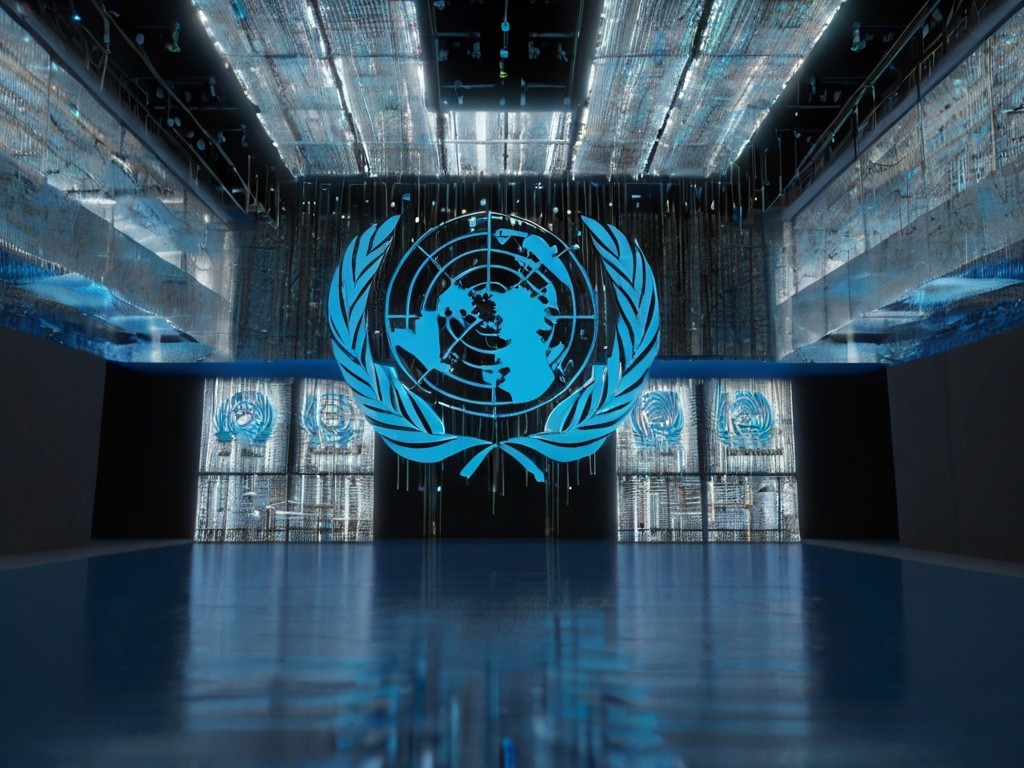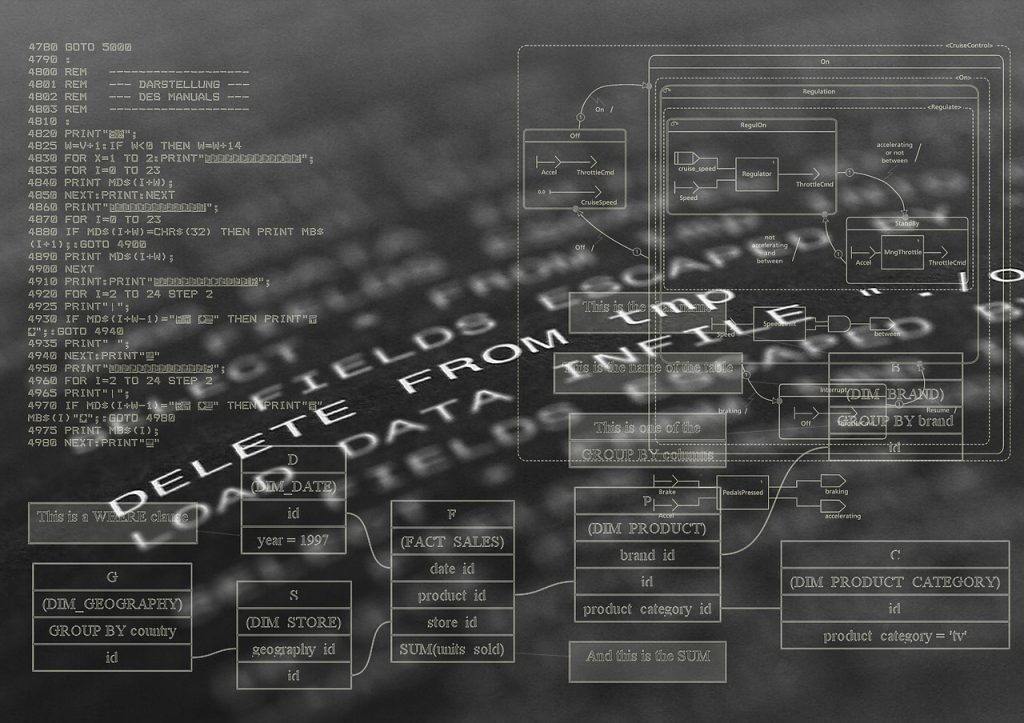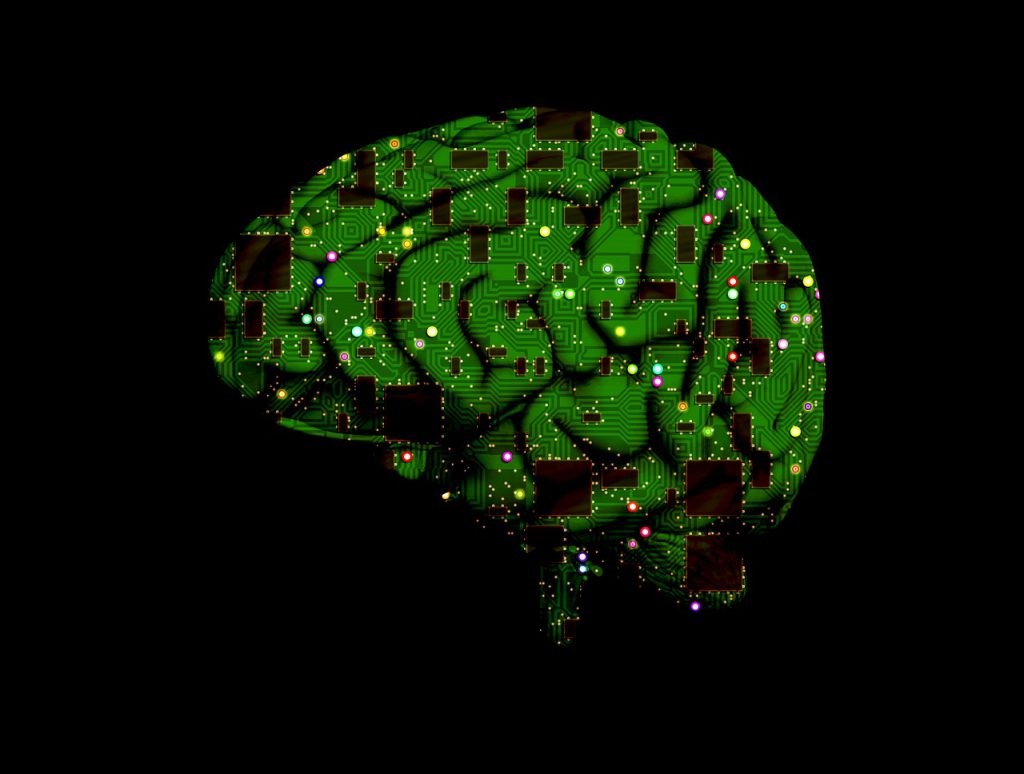
United Nations Publishes Resolution on the Use of Artificial Intelligence Systems
*This is an AI-powered machine translation of the original text in Portuguese.
**The image used in this article was created by a generative artificial intelligence.
The United Nations General Assembly (‘UN’) published, on March 11, a Resolution aimed at guiding the use of Artificial Intelligence (‘AI’) systems for collective and global benefit, ensuring that opportunities for “safe, secure, and trustworthy artificial intelligence systems” are harnessed for sustainable development around the globe.
Artificial Intelligence systems characterized by the Resolution as ‘safe, secure, and trustworthy’ refer to those not employed in military contexts, whose lifecycle — encompassing everything from pre-design stages to withdrawal from service, naturally including their use — is people-centered, trustworthy and explainable, ethical and inclusive, maintains privacy, respects the protection of human rights, and is responsible. Such systems, by keeping people at the core of their focus, could accelerate and enable economic, social, and environmental development in a sustainable manner, as well as foster digital transformation, promote peace, reduce digital divides between and within countries, and ensure the enjoyment of fundamental rights.
Conversely, the document highlights that improper or incorrect use or development of AI systems pose risks that could harm the aforementioned objectives, by reinforcing digitalization gaps between and within nations, highlighting structural inequalities, undermining the integrity of and access to information, increasing the potential risk of threats from malicious actors, and, as a logical consequence of this scenario, weakening the promotion of fundamental human rights.
In this sense, recognizing the imperative of promoting governance of Artificial Intelligence systems, the Resolution establishes 13 fundamental aspects:
- Eliminate digital gaps, especially concerning artificial intelligence, between and within countries;
- Promote safe, secure, and trustworthy AI systems to close the gaps regarding such tools, to promote, and not harm, the transformation and equitable access to their benefits, to achieve sustainable economic, social, and environmental development;
- Call upon public and private entities to develop and support governance frameworks for safe AI systems, creating an ecosystem conducive to innovation, entrepreneurship, and the dissemination of knowledge and technologies, under mutually agreed conditions among relevant entities, recognizing the importance of collaboration between government and private agents;
- Demand that Member States cooperate with developing countries and provide them with assistance to enable inclusive and equitable access to the benefits of digital transformation, by: expanding the participation of all countries; improving connectivity and digital infrastructure; eliminating barriers to access to new technologies, etc.
- Respect, protect, and promote human rights and fundamental freedoms throughout the lifecycle of Artificial Intelligence systems, urging agents to refrain from using systems whose use implies undue risks;
- Encourage States, in proceeding with their regulatory and governance frameworks, to promote safe AI systems in an inclusive and equitable manner, through means such as: developing regulatory frameworks that support innovation and investment in safe AI systems; promoting innovation measures for the identification, classification, evaluation, and mitigation of vulnerabilities of these systems; incorporating feedback mechanisms that allow the grounded discovery and notification of technical vulnerabilities of systems; etc.
- Recognize the importance of data on the development and functioning of AI systems, promoting fair, inclusive, and effective data governance and improvement in its generation, accessibility, and infrastructure, and urge Member States to promote international cooperation on data governance;
- Acknowledge the importance of continuing debates on the governance of artificial intelligence, so that the efforts of the international community promote inclusive surveillance and analysis of the potential impacts of AI systems;
- Encourage private sector actors to adhere to national and international laws, recognizing the importance of access to artificial intelligence tools and providing new opportunities for small businesses, promoting free competition in the artificial intelligence market;
- Encourage specialized entities to continue evaluating and improving their responses to the challenges that AI systems represent, collaboratively and coordinatedly, through inter-institutional mechanisms;
- Refer to Resolution 76/307 and Decision 77/568, awaiting the formulation of a global digital pact;
- Look forward to the general assessment, in 2025, of the progress made since the establishment of the World Summit on the Information Society; and
- Recognize that the United Nations system contributes to achieving global consensus on safe, secure, and trustworthy artificial intelligence systems, promoting international cooperation and facilitating the inclusion, participation, and representation of developing countries in its deliberations.



